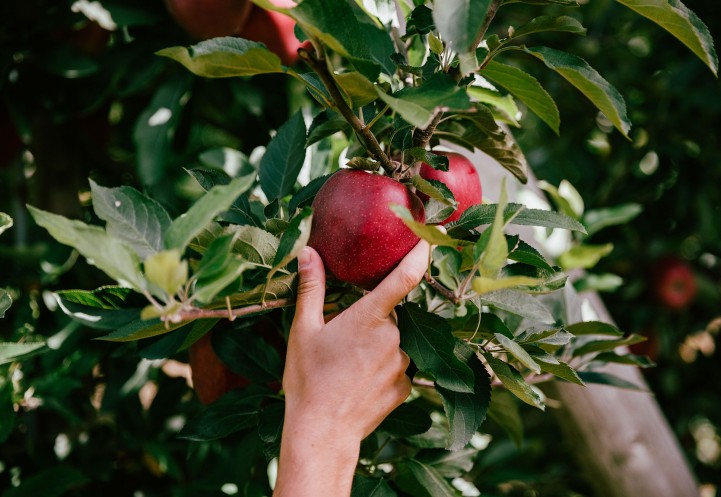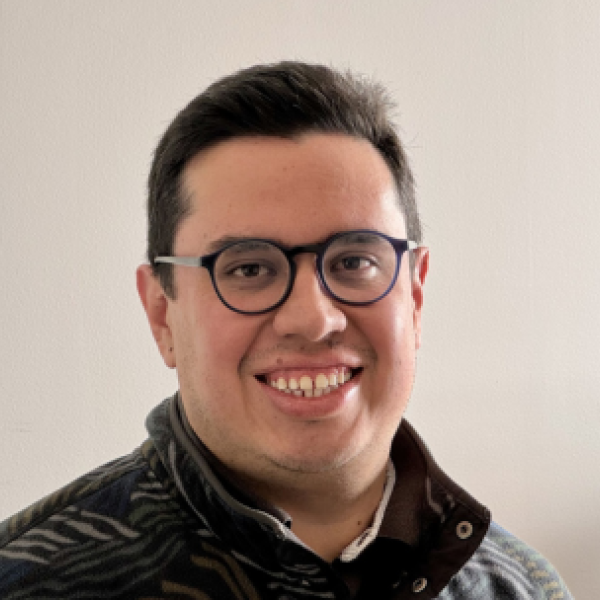PPPMB Section News
CALS News, Spotlights, Field Notes and FutureCasts of interest to the Plant Pathology & Plant-Microbe Biology Section community in the School of Integrative Plant Science.
The latest news ...
News
Apple scab, caused by the fungus Venturia inaequalis, is one of the most economically devastating diseases facing apple growers in the Northeast. Managing it has long depended on regular fungicide applications—and for many growers, that means...
Spotlight
Academic focus: Field crops pathology Research summary: We study diseases of major field crops in New York state with one goal: better decisions for growers. We ask how pathogen populations change under selection from host resistance, fungicides...
Spotlight
Academic focus: Plant microbiomes Research summary: Plants coexist with dynamic and complex microbial communities. I study how host genetics and environmental stressors collectively influence microbiome composition and function. By studying crop...
News
The development of the robot is critical as managing such diseases as powdery and downy mildews in vineyards is the top concern for grape growers and viticulturists.








